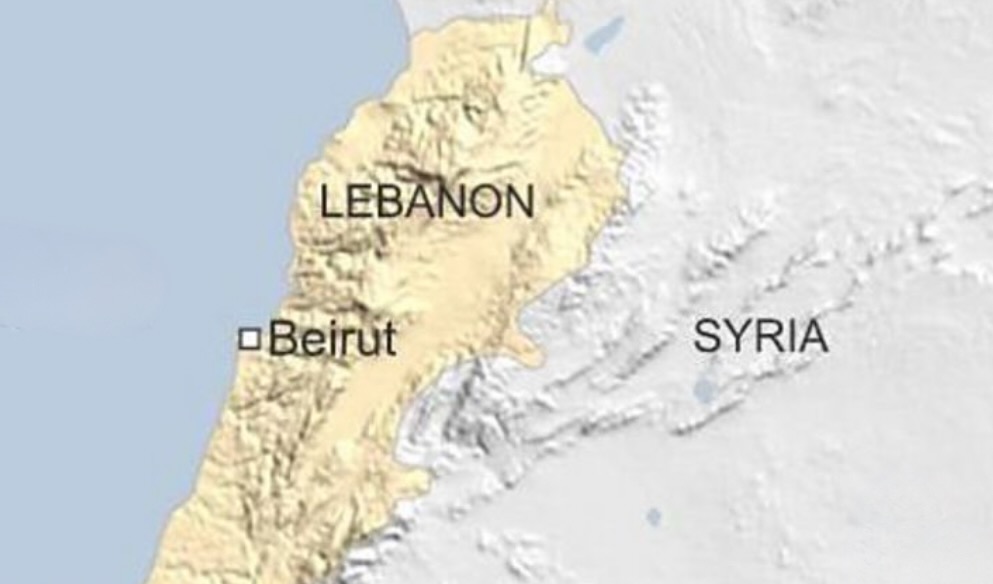NOUR ALKHADHER WRITES – Lebanon is in the middle of a full-blown humanitarian crisis. The country took in close to one million Syrians after the commencement of the brutal civil war that displaced millions and killed countless others. Many Syrian refugees in Lebanon are forced to live in poverty since no support is in place to make their lives easier. The collapse of the Lebanese economy over the past decade has further worsened the conditions in Lebanon. The rising cost of living and unemployment mean more people were pushed below the poverty line and had to find ways to sustain themselves. Syrian refugees are at the bottom of Lebanon’s social ladder since they have no property, jobs, or sustainable means of sustenance.
Many refugees have to take up menial jobs to earn a living, such as collecting plastic around the country. The practice pays about $2 daily, just enough to pay rent. However, many refugee parents in Lebanon cannot afford to find quality accommodation or take their children to school. Multiple Syrian families share one apartment, which shows how grave the situation is. People fleeing a civil war expected to find a better life in Lebanon but this has not been the case. The Lebanese government has not offered sufficient support considering the economic crisis the country is facing. Since 2019, the Lebanese pound has lost most of its value against the US dollar, which has worsened the situation. Syrian refugees find themselves in a quandary since they can’t have full lives in Lebanon, and neither can they go back home.
On 30th March 2023, the European Union announced a €60 million humanitarian aid package to Lebanon. Janez Lenarcic, Commissioner for Crisis Management, announced the deal on his trip to the country. The financial aid signifies the magnitude of the problem in Lebanon, where millions of people live in poverty. The humanitarian aid is meant to offer assistance to Syrian refugees and any Lebanese in need. The EU has shown interest in combating the increasing demand for food, medicine, and education among people experiencing poverty in Lebanon. Syrian refugees should benefit greatly from the assistance as it ensures that there are resources to provide food, clothing, and basic health care to those in need.
The European Union is delivering the aid through NGOs and UN agencies that directly interact with the targeted persons. It is believed that 90% of Syrian refugees cannot meet their basic needs in Lebanon. The situation is not helped by data showing around 80% of Lebanese live below the poverty line. It implies that most of Lebanon’s populace needs financial and humanitarian aid to make their lives bearable. The EU looks to target the most exposed part of the population to make it easier for the Lebanese government to bring change. However, there is no lasting solution coming soon to change life in Lebanon as the economic prospects continue worsening. Foreign aid seems to be the only way Syrian refugees and struggling Lebanese can survive, at least for the foreseeable future.

